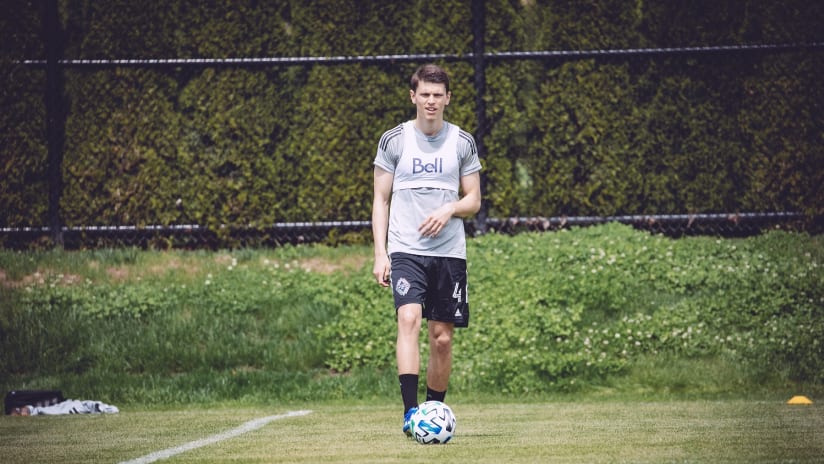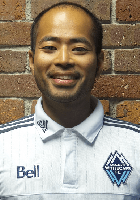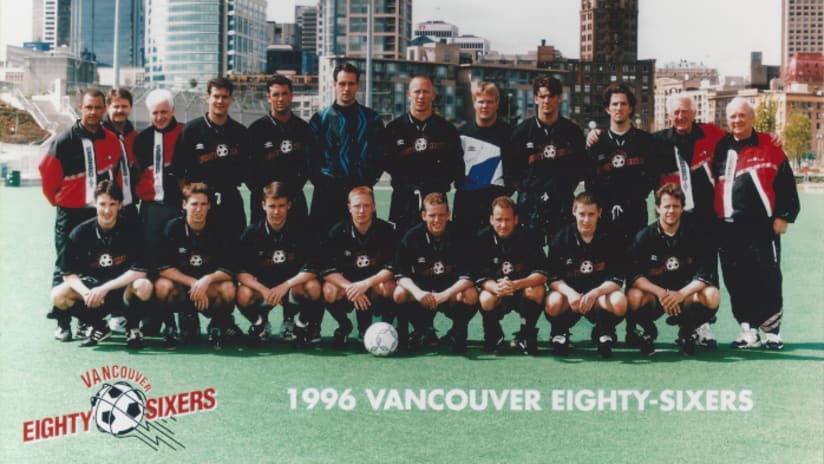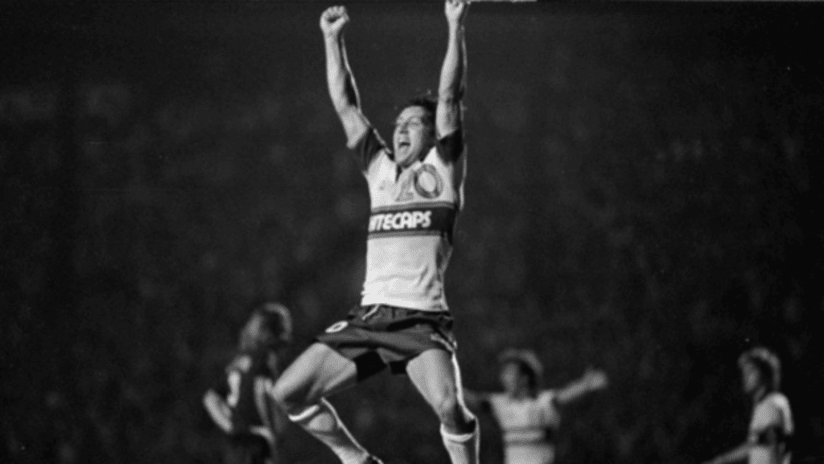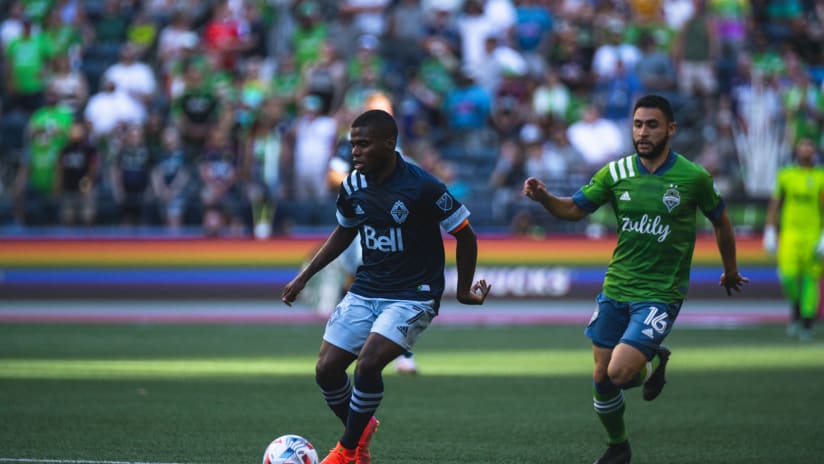The date is March 24, 1999.
The setting is the second-largest city in what was then-known as the Federal Republic of Yugoslavia.
This is a story of Novi Sad and her native son.
This time of the year usually brings a bit of lightness across the northern hemisphere as spring is just around the corner, but not in Novi Sad.
The air is palpable. It has been for over a year, since violence erupted six hours south in Kosovo.
Novi Sad was not supposed to be caught in the conflict. The city is ruled by the local Democratic Opposition, not the regime in Belgrade that has been at odds with NATO.
But at approximately 7 p.m., NATO begins bombing Yugoslavia, and Novi Sad is not spared.
F/A-18 Hornets start the aerial attack, the first of over 38,000 combat missions that NATO aircraft would fly.
The Novi Sad hospital and its children would be safe, at least for the time being. It would not be like that for long.
Eventually, all three Novi Sad bridges crossing the Danube would be bombed, and all transportation, communications, water, and electricity would be cut off.
A main Serbian hub all of a sudden is isolated.
When the smoke is finally clear, the bombings, which happened almost daily, would have lasted for 78 days.
It was amongst the embers of war that a boy named Ranko Veselinović arose from.
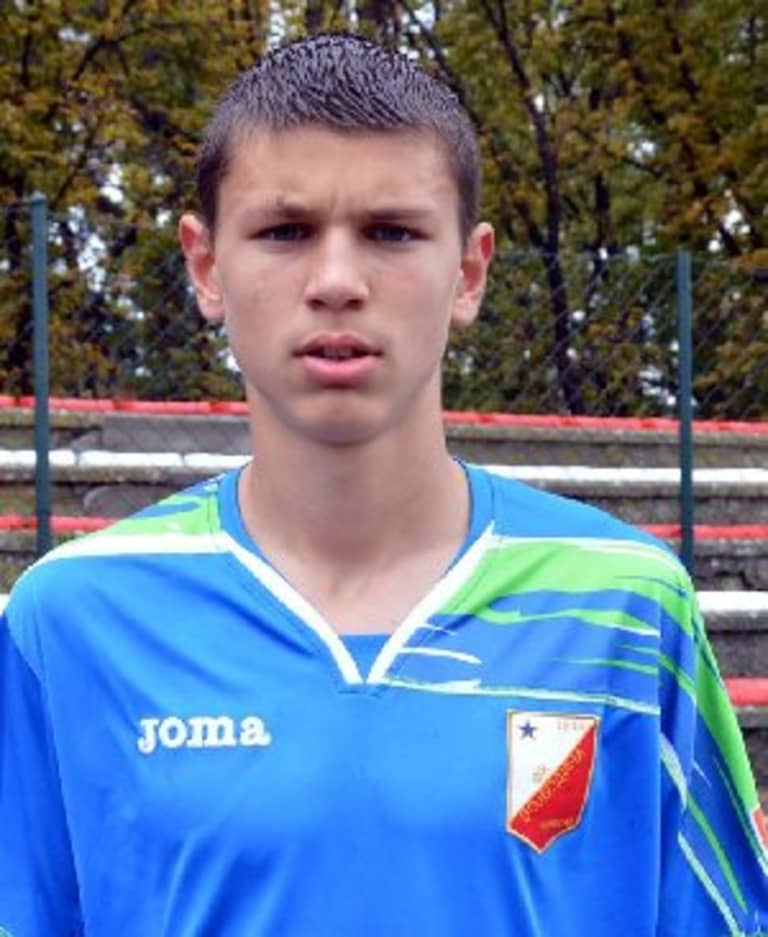
“The whole 90’s were really tough in Serbia. Sanctions that began in ’91, the bombarding in ’99,” shares Veselinović matter-of-factly. “We have had a hard life, everyone knows from history. But people learn how to fight for themselves.”
Serbs are survivors by nature, and Veselinović was molded not just to cope, but to succeed when odds are stacked against him.
“It was really hard to find food but people in Serbia learned how to manage,” said Veselinović. “My parents worked hard to provide for our family and we always had everything we needed.”
At age six, he begged his mother to allow him to tag along with his older brother, who was enrolled at the Bistrica football academy.
Playing against older and further-developed competition right from the very beginning, Veselinović would prove himself over and over again just to be able to keep playing.
In 2011, he moved to FK Vojvodina, working his way up the youth ranks until he signed his first professional contract in 2017.
Ahead of the
2019-20 Serbian SuperLiga season, FK Vojvodina makes wholesale changes to their roster.
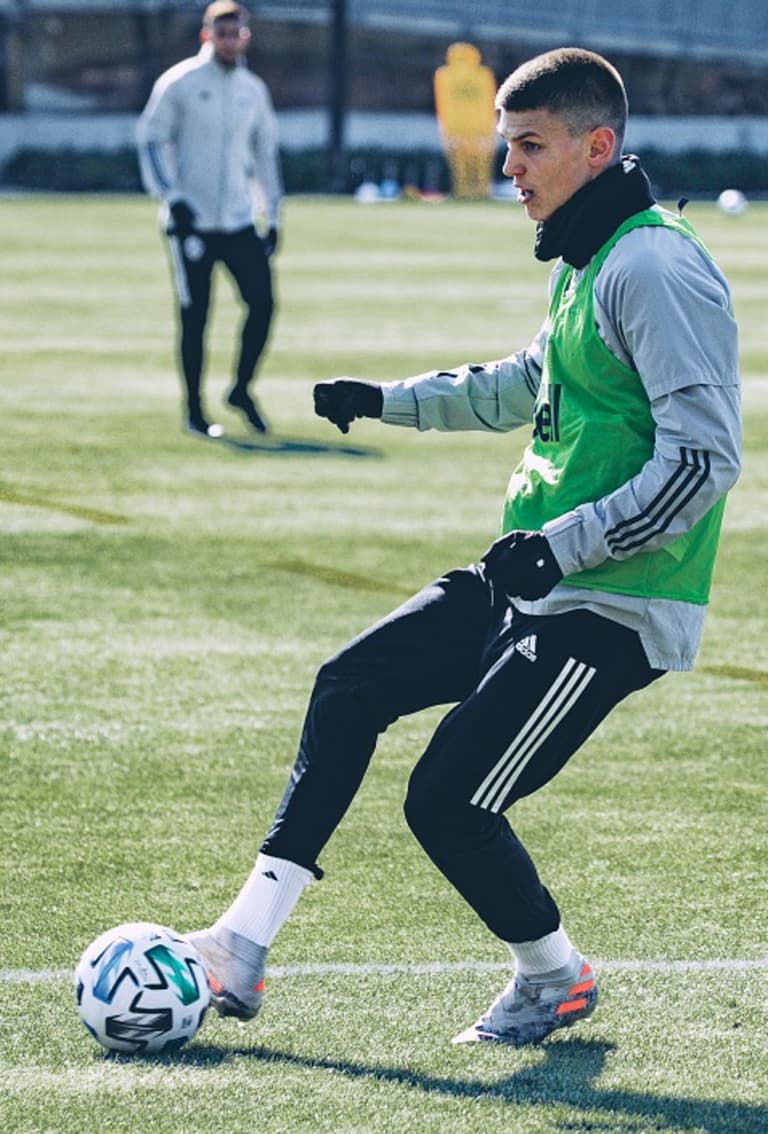
Gone are the long-tenured veterans, and Veselinović is among the few that survive the transfer window.
By the tender age of 20, Veselinović had quickly established himself as an influential figure within the club and was named captain going into his third season.
“I like to be a leader on the team. I like to speak to my players from behind because I can see the whole pitch, I can see all that is happening on the field,” says Veselinović. “I like having that responsibility, I like the pressure of important games.”
Having a lengthy international resume did not hurt either.
He first received an invite at the U-15 level, then began representing his country at the youth level at age 16. He started at the 2021 UEFA European U-21 Championship qualifiers in November 2019.
This was right around when the ‘Caps came calling.
It is May 12, 2020, and Veselinović emerges from 70 days on lockdown, the first time he feels the blades of grass against his toes since the pandemic took over Vancouver.
"(Being isolated) was tough but everybody at the club was helpful to help me get through it," says Veselinović. "Every day you have to do something new, you can never stop doing things to help you improve."
He arrived in Canada two months prior, full of hope, but a few days later, the city shut down.
A charming Serbian with a gravitating personality was all of a sudden in isolation.
All physical interaction and in-person connection were cut off.
The air felt heavy.
Spring was just around the corner then.
This has been the story of Ranko Veselinović and his motherland.
The second child of his family, from what is now known as the Republic of Serbia.
He was born on March 24, 1999.

